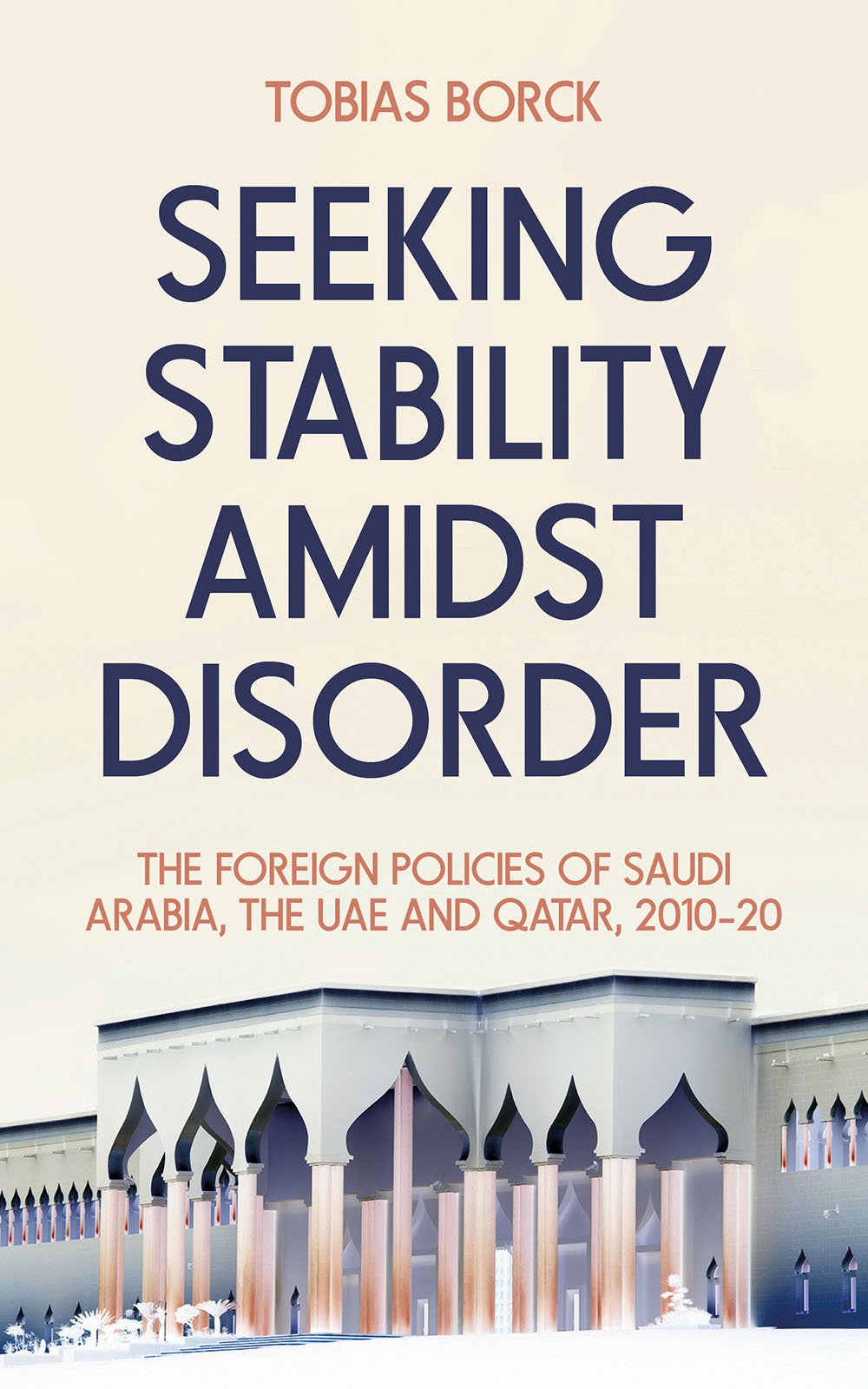Seeking Stability Amidst Disorder
The Foreign Policies of Saudi Arabia, the UAE and Qatar, 2010–20

The 2010s were a decade of transformation and conflict in the Middle East, bookended by the Arab Uprisings and the coronavirus pandemic.
Throughout this time, Saudi Arabia, the UAE and Qatar — the three Arab states with the most ambitious regional policies — declared stability to be their main objective. Yet, rather than being a common denominator, this seemingly shared goal in fact obscured differences between their often-competing agendas.
These three Gulf monarchies all agreed that the Middle East had descended into unprecedented and dangerous instability following the Arab Uprisings. But their assessments diverged on what characterised and drove the unrest. This led each country to formulate different — and at times contradictory — views of how politics should be organised in and between states in the region, and what role external powers should play to build a stable new order.
With no universally accepted definition of stability, this book develops an original analytical framework linking this concept to that of order, and provides a useful lens through which to understand foreign policy in the Gulf. While governments often frame their relations with other states by evoking a joint commitment to stability, Tobias Borck shows that this does not, in itself, imply strategic alignment.

Tobias Borck is a senior research fellow at the Royal United Services Institute (RUSI) in London. He specialises in Middle Eastern politics and security, particularly the foreign, defence and security policies of countries in the region. He holds a PhD in Middle East Politics from the University of Exeter.
